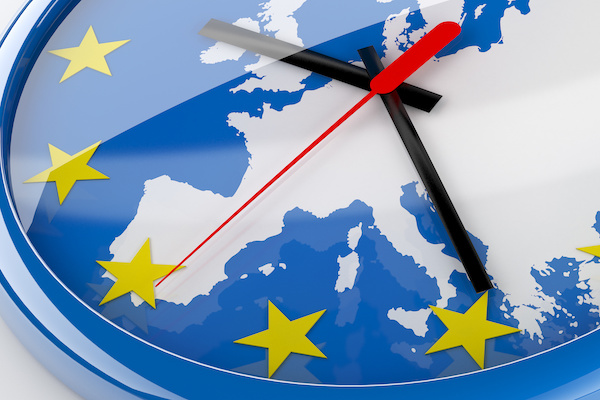04 February 2015
European carbon market: Do we really want to reform it?


While the world has a rendezvous in late November, at the COP21, to reach an agreement on climate change, the debate on the European carbon market – which is supposed to be the key instrument to boost investments in low-carbon technologies – begin this year 2015 with a disagreement on the essential question of the need to establish a market stability reserve, to improve the functioning of the ETS market…
In January 2014, the European Commission, which was dealing with a persistent surplus of CO2 allowances on the ETS market, proposed the establishment of a market stability reserve (MSR) starting from the beginning of the phase IV, in 2021. Another measure – could we say – to save the ETS? Obviously, these last few years, the carbon market is not in its best shape: the surplus of CO2 quotas caused an inexorable fall in carbon prices, which now stagnate at ridiculous levels, to the great misfortune of these clean technologies which were supposed to be financed by the ETS market. But, do we put all the odds in the side of the EU ETS to give it a new breathe?
The MSR, an appropriate response to carbon market failures…
In 2012, an urgent, punctual and quick-running measure had already been taken by the European institutions, freezing 900 million of allowances (backloading) to immediately adjust the supply of allowances on the carbon market. The backloading was a key measure to reaffirm the European mobilization for the ETS mechanism.
It is now a long term reform, the Market Stability Reserve (MSR), which is currently under debate in the European Parliament. This mechanism, a first step towards a structural reform of ETS, would be simple to implement. It would allow, on the one hand, a dynamic adjustment of CO2 allowances, and on the other hand, enable a smoothening of future shocks that would impact on the long term, the demand/ supply balance on the carbon market. This reform appears even more important considering that the ETS is the only European-wide tool to incentivize Member States and European companies, to cut their CO2 emissions and invest in clean and innovative technologies.
A mixed welcome in the European Parliament…
Yet the European Parliament’s Industry Committee (ITRE), set to give an opinion on the topic, rejected the proposal of the European Commission, on January 22, reflecting the difficulty to reconcile the indispensable fight against change climate, and the need to protect European companies facing international competition, without opposing them. Consequently, the draft report of the Commission ENVI (Environment) will be the only position expressed by the European Parliament and should support these two key measures: firstly, the reintroduction of the back-loaded allowances in the reserve – to avoid excessive fluctuations of CO2 price and provide market players with the necessary visibility to trigger their investments – and secondly, the early implementation of the MSR in 2017, instead of 2021.
…jeopardizing the whole ETS mechanism
The draft report prepared by the Environment Committee goes, indisputably, in the right direction, but the battle is far from being won. Indeed, it will strongly depend on majority, a large one or contrariwise a small one, reached towards the adoption of the ENVI report the next 24th of February. With a large majority, the Parliament would directly receive the mandate to start negotiations with the European Council, in order to adopt definitely the MSR proposal, in April 2015. With a thick majority, the final adoption of the report would be delayed to an uncertain date, probably in the summer or next fall, at best. When we know how urgent it is to restore the European carbon market, it can be even more worrying considering that, a few months before the COP21, no one is able to guarantee the adoption of the draft report by all MEPs in plenary session. For this reason, it is essential for the French electricity sector to reaffirm the importance of this strategic reserve, that provides a pragmatic response to the dysfunctions (mostly related to exogenous shocks, it must be underlined!) encountered by the ETS. As the whole European Parliament called for the introduction of a binding CO2 target for 2030, it is now time for a pro-active approach, up to the challenge!
Find out more
02 June 2020
“Long live Europe”: it’s time for Europe!
25 February 2020
Brexit: love last 47 years


About us
The Union of the French Electricity Industry is the trade association of the French electricity sector. We bring together companies from the whole value chain of the electricity industry.
Find out more









